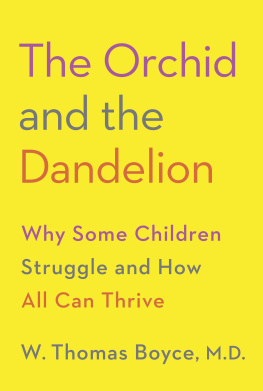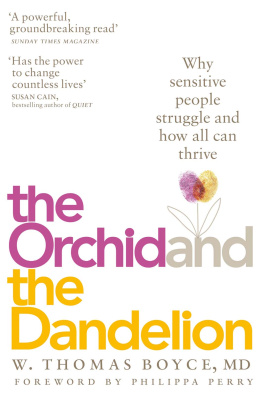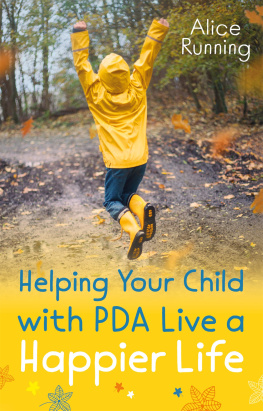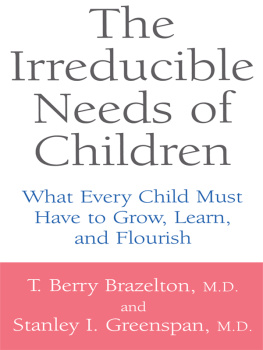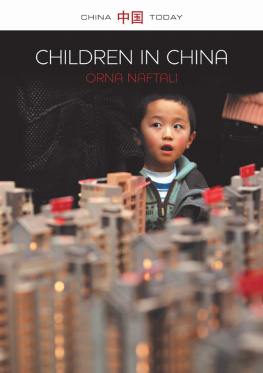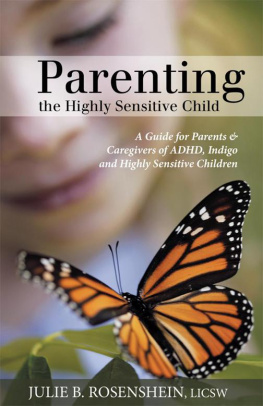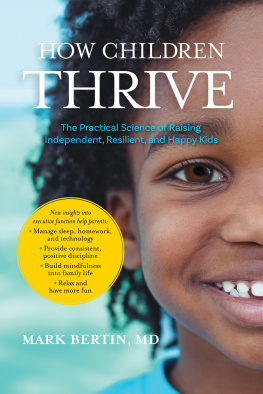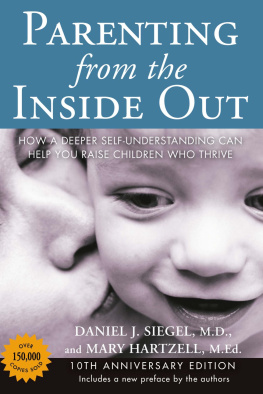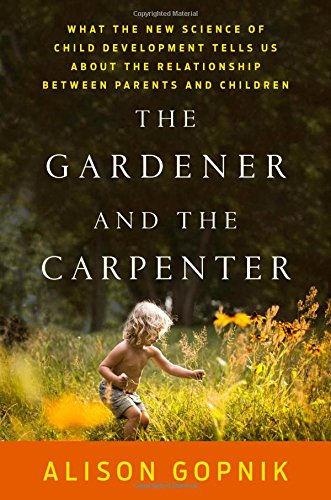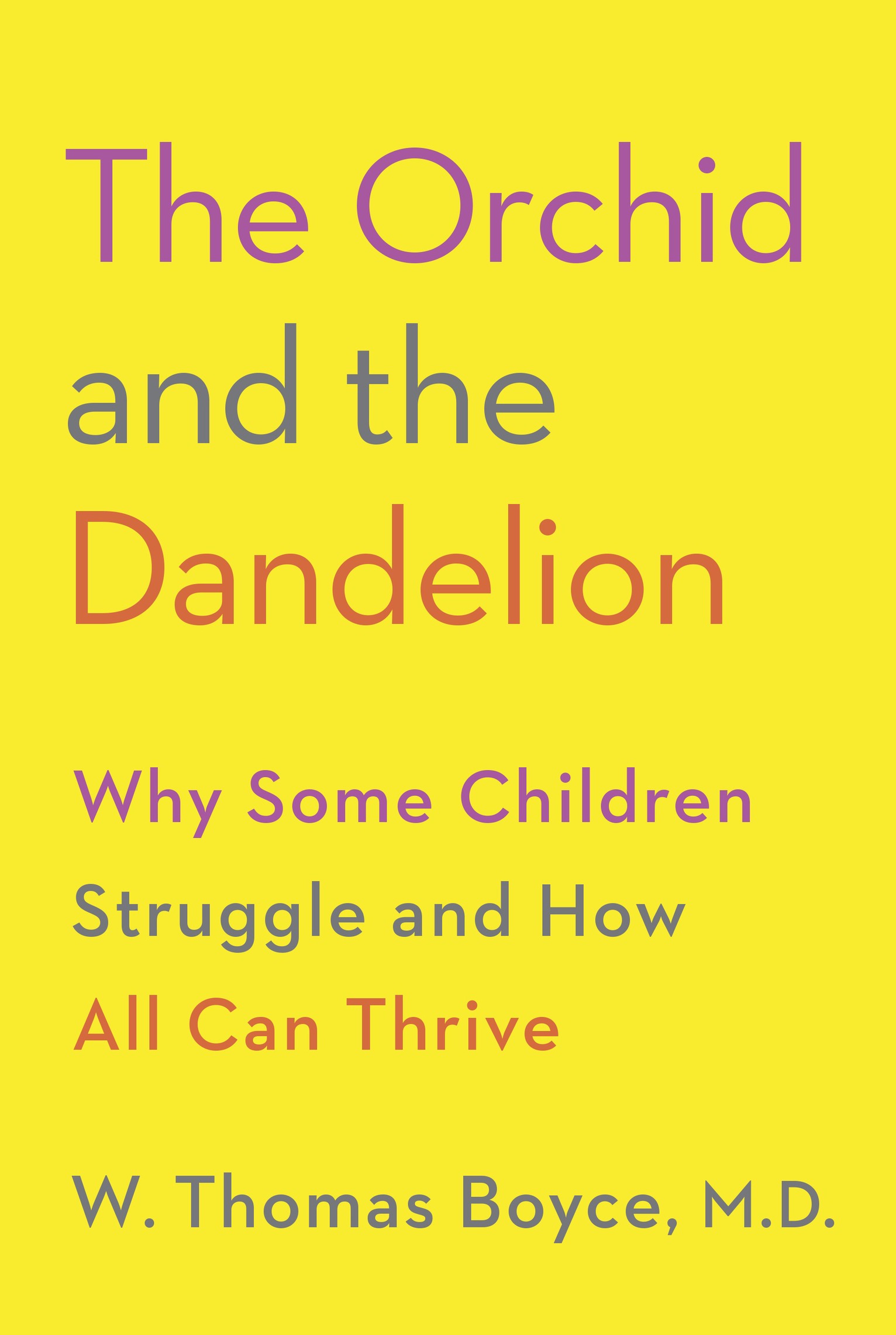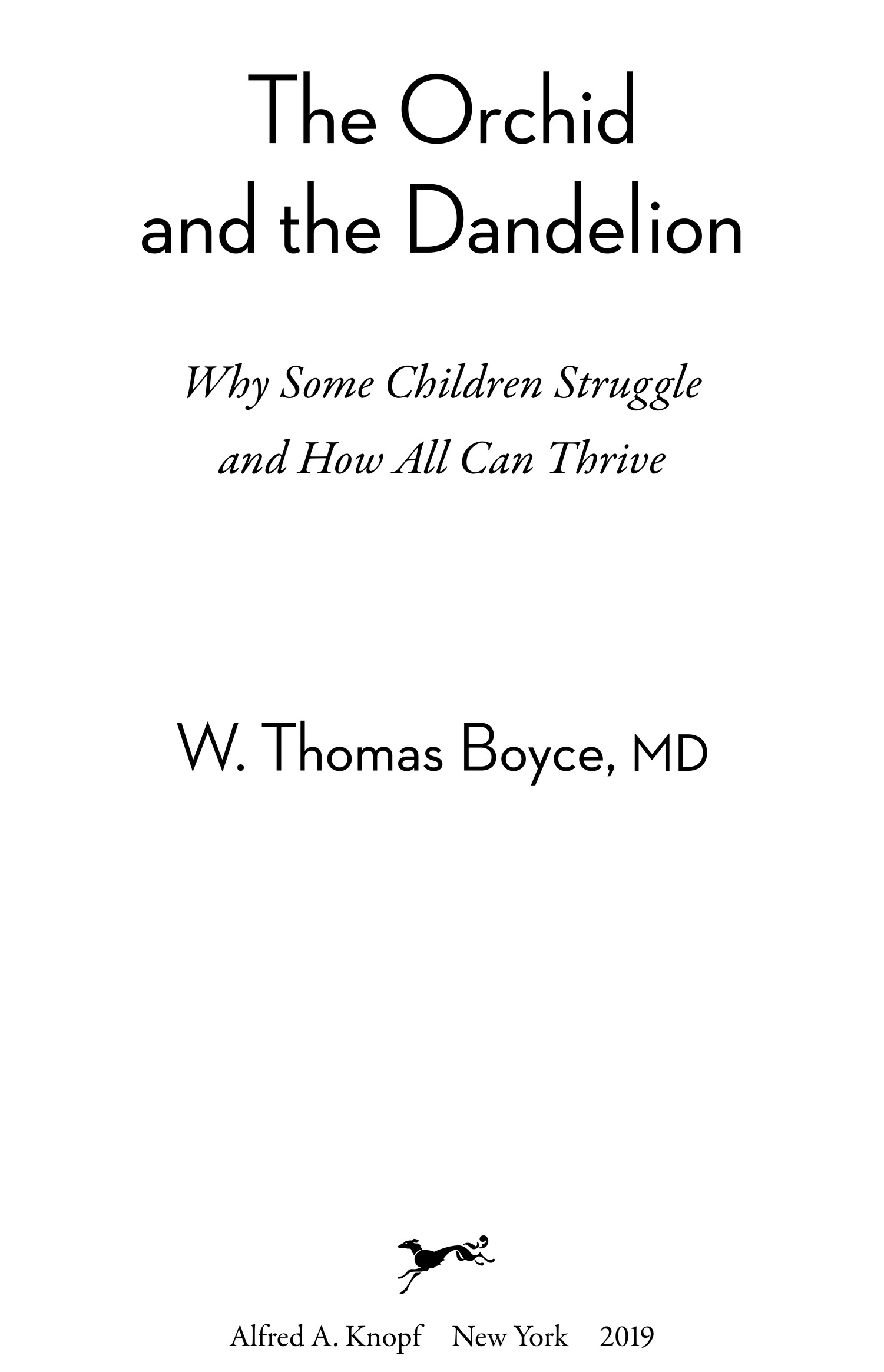The following stories by a physician who aims to render the lives, the ups and downs, of his young patients summoned to my mind memories of my times spent as a medical student with the physician and writer William Carlos Williams. Dr. Williams often made home visits, and in so doing got to know where and how the children he met lived, spent their time, and, yes, pondered lifes challenges, opportunities, travails. So it is with Dr. Boyce, who lets us lucky readers meet and learn about the lives of the youngsters he considers, treats as a physician, and then enables us also to do so. Only connect, said the writer E. M. Forster, and in this volume we dowe find ourselves contemplating how it goes for a wide range of youngsters as they confront lifes hurdles, and in so doing tell us through their doctors knowing eyes, ears, mind, and heart so very much about human suffering, but also about the grit, and valor, and effort at endurance that so many assert, even as children, and beyond.
Foreword by T. Berry Brazelton
This is an impressive and important booka collection of ideas and researchthat reveals the profound prenatal and perinatal factors that affect an infants and childs later development. Dr. Boyce identifies a special group of childrenorchidswho are outliers among groups of more typically developing children, or dandelions. Orchid children are uniquely fragile, needing special nurturing to achieve their best. Dandelions are more rugged and likely to overcome any difficulty, but are often average or ordinary in outcomes.
Dr. Boyce outlines an argument and backs it up with convincing research showing that children vary greatly in their development due to the unique interactions between their genes and environments. These interactions start in utero, for the fetus is already influenced by stressors, nutrition, and the mothers emotions before birth. The mother and unborn child strive to adapt to these influences, as if preparing to deal with the same conditions after birth. Thus a fetus whose mother is under stress, eating poorly, or depressed before birth can become a newborn with high levels of stress hormones, excessive vigilance, and a diminished ability to attend easily to learning. On the other hand, babies whose mothers are not stressed or depressed, are looking forward to delivery, and are eating and sleeping well are exceptionally ready to learn, engage in effective relationships, and optimally develop. These infants will be better able to learn self-regulation (by, for example, sucking on a thumb or fingers to calm themselves down from an upset). A mother who immediately starts nurturing, holding, stroking, cuddling, nursing, and talking softly to her baby will pass on the ultimate ingredients for healthy, positive development.
These events become reflected in the babys epigenome, leading, Boyce shows, to the eventual emergence of orchid or dandelion babies. All parents need to be given a chance to understand their babies temperaments and individual differences right from the start. To facilitate this understanding, a pediatrician, neonatologist, or nurse practitioner can translate the babys capacities and teach parents how a babys behavior can serve as a useful language, helping them to become responsive and optimal parents. Such an understanding of the child and his or her behavior can magnify the caring and sensitivity of all parents.
I have been concerned in my own practice of pediatrics in Cambridge, Massachusetts, about loving parents who attempt to protect their infants and children from all stress of any kind. It is important for infants and children to develop early their own ways of handling stress and difficulty. Such self-regulating mechanisms must be acquired and practiced throughout early childhood, by both orchid and dandelion children, so that they are ready to cope with the adversity all children must eventually face.
This is a book that I hope all parents and professionals (doctors, nurses, early childhood specialists, teachers, and others) will read in order to help them understand how different children, like orchids and dandelions, develop and grow. It will add to their understanding of how best to nurture each child, especially those who most challenge conventional approaches to treating, teaching, and caring for children.
T. Berry Brazelton, MD
Barnstable, Massachusetts
2017
Introduction
What if the children about whom we worry most were actually those with the greatest promise? What if those youth whose lives are marked by turmoil and difficulty were plausibly heirs to the brightest, most creative futures? What if seemingly blighted and troubled childhoods could give way, under conditions of encouragement and support, to adulthoods bearing not simply normal lives and passable achievement, but deep, rich relationships and inspired accomplishment? What if even the very real burdens of a childs uncommon fragility could be reshaped, under responsive conditions, into the tangible advantages of human resilience? What if, in short, the apparent frailties and disarray of some young lives were redeemablethrough the alchemy of nurturing families or communities and transformative care?
This book is the story of just such a surprising redemption. It is a narrative mined from a body of child development research and from a near lifetime of careful watchingby a once-young pediatrician who became, by blessing and luck, a father, a grandfather, and, in the end, a grizzled and well-marinated counselor of children and families. The story, at once scientific and personal, is offered as a gift of encouragement and hope for all those who teach, protect, care for, raise, or worry over children, as well as those who have struggled since childhood to understand the origin of their own affliction with human differences. If your life resembles my own to any degree, you have fretted incessantly over your childrens well-being and future and have long pondered how their strivings and trials may stem in some manner from your own. You have likely thrilled at their triumphs and masteries, lived for their affections, taken pride in their accomplishments, and brooded over their troubles and sorrows.

